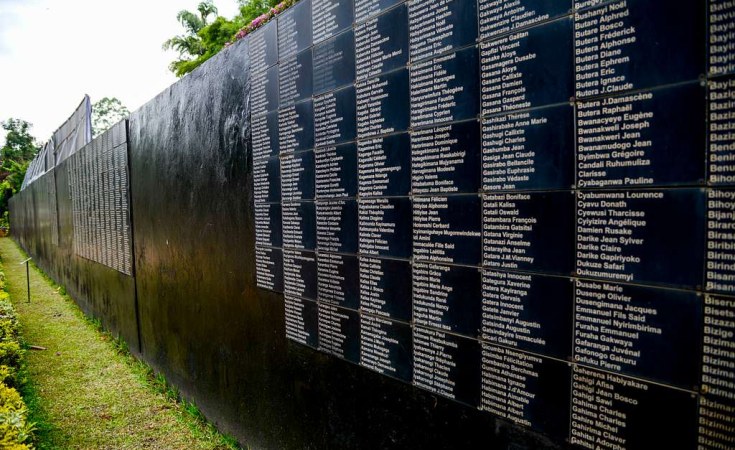John Bosco Siboyintore, Head of Rwanda's Genocide Fugitives Tracking Unit at the National Public Prosecution Authority (GFTU), has revealed the hurdles encountered in prosecuting genocide suspects scattered across the globe and called for enhanced international cooperation to bring them to justice.
Out of 33 countries where approximately 1146 indictments were sent, only eight genocide suspects have faced prosecution, with 11 nations opting to return them to Rwanda for trial.
Siboyintore highlighted that 30 individuals have already returned to Rwanda to stand trial, facilitated through extradition, deportations, or transfers from the ICTR. Notable contributors to this effort include Canada, Sweden, Norway, Denmark, Germany, the Netherlands, the USA, DRC, Uganda, the Congo Republic, and Malawi.
Additionally, Siboyintore stressed that 29 individuals were tried in countries such as Belgium, France, Germany, the Netherlands, Sweden, Finland, Norway, and Switzerland.
However, significant challenges persist, including a lack of political will in some countries, particularly in Africa, where over 900 fugitives remain at large. Some fugitives exploit refugee status and acquire new nationalities, complicating extradition efforts.
Frequently changing identities and countries of origin further impede tracking efforts, while the absence of bilateral treaties and legal frameworks adds to extradition complexities.
Looking ahead, Siboyintore stressed the imperative of bolstered international cooperation in prosecuting genocide suspects. Rwanda is actively pursuing bilateral treaties and legal frameworks with host countries, urging them to fulfill their international obligations by either extraditing or prosecuting fugitives under international law.
Furthermore, ongoing discussions and cooperation engagements with host nations are crucial in raising awareness about the presence of fugitives and the imperative to combat impunity.
Siboyintore emphasised the necessity of revoking refugee status for fugitives, ensuring they face prosecution instead of benefiting from UNHCR protection.


